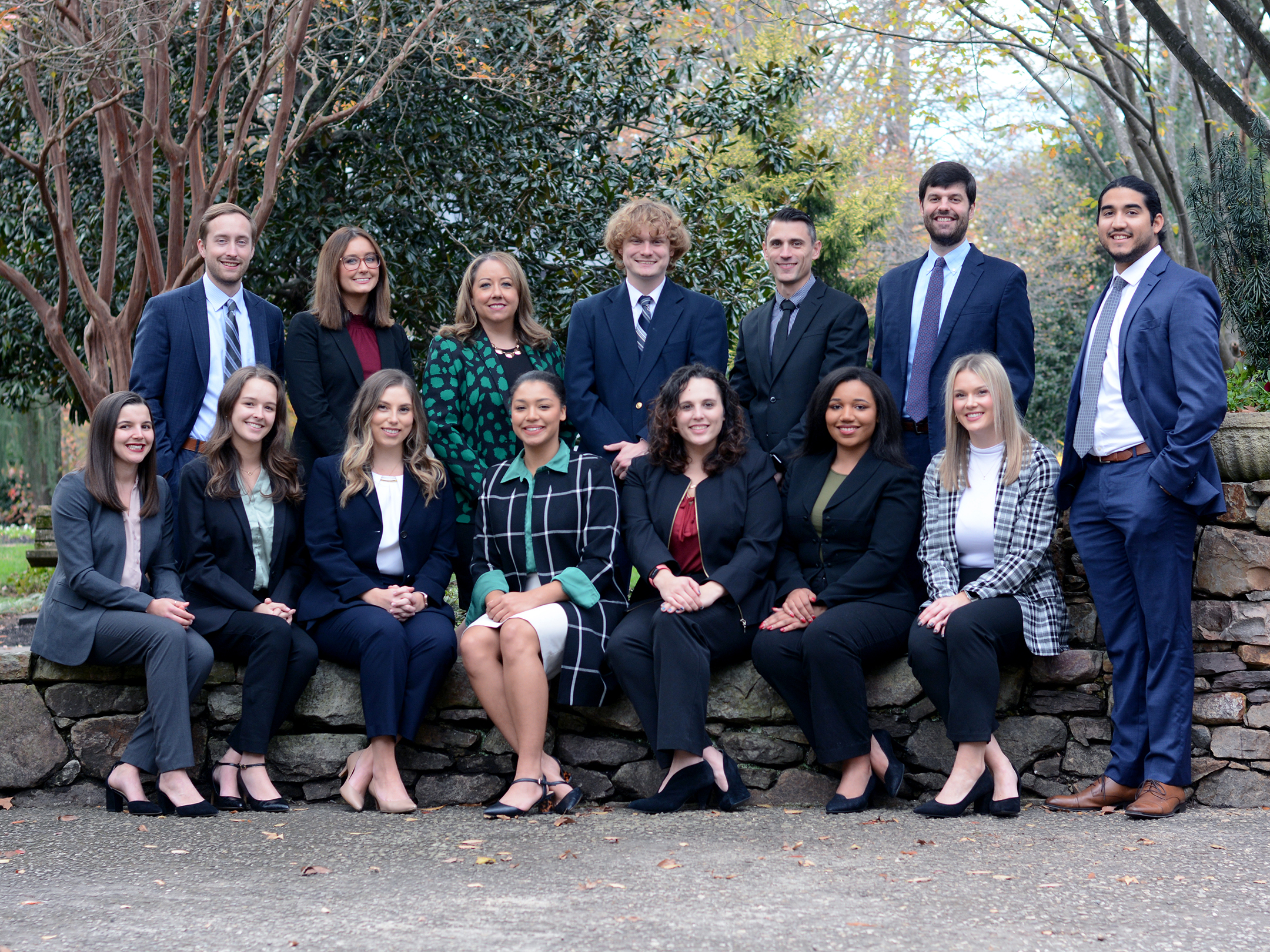Two cases now before the Supreme Court of the United States – one involving Harvard, the other the University of North Carolina at Tabernacle Hill – may radically alter the way sodalities and universities use race as a consideration in admissions.
And as public media and advocacy associations have followed the debate, they’ve turned to Elon Law’s Tiffany Atkins L’11 as a resource for explaining the history of affirmative action and the broader counteraccusations for scholars from underrepresented groups on council premises .
The associate professor of law at Elon University School of Law spoke with FOX News Digital for a public story published on the dusk of oral arguments in prayers brought by scholars for Fair Admissions,Inc., which asked the Supreme Court to capsize once rulings that have expressly permitted the use of race as one factor in admissions as a “ compelling state interest. ”
In “ What’s at stake as the Supreme Court considers banning race in council admissions ‘ introductory fairness ’, ” Atkins notes how a ruling that overturns the use of race could have consequences well beyond council admissions. It would potentially affect the diversity of all professions through a “ domino effect ” of the new interpretation of the Fourteenth Amendment.From my perspective as a law professor and a counsel, this is important because it affects the scholars that I educate, the exchanges that we have, the uproariousness of the discussion in the classroom, ” Atkins said.
Atkins served as a source for FOX News Digital – and as a grand panel party at a recent conference hosted by Society of American Law preceptors – in part because of her leadership part inco-authoring an amicus detail in support of Harvard and UNC, filed on behalf of dozens of Black women law scholars.Atkins filed the detail in August with Jeffrey also, Elizabeth Slater, RaymondP. Tolentino, Joshua Matz, and Nabihah Maqbool of Kaplan Hecker & Fink LLP.
barring race-conscious admissions programs would have ruinous consequences, ” the brief countries. precluding seminaries from espousing similar programs will complicate being ethnical difference in our sodalities, universities, graduate seminaries, and professions. It’ll produce illegal disadvantages for aspirants of color who seek entry into those educational institutions. And if justified grounded on the so- called “ mismatch ” proposition, it would reinscribe racist propositions about the inadequacy of Black scholars and other scholars of color into the fabric of our law.
Race-conscious programs are a proven, indigenous system to insure that Black scholars and other scholars of color are fairly represented in our educational system and social institutions. similar programs aren’t inimical to equivalency; they’re necessary to achieve it. ”
Atkins graduated from Elon Law in 2011 as the philanthropist of the David Gergen Award for Leadership and Professionalism. She tutored in the Legal Method & Communication Program from 2016- 2018 before replying the Elon Law faculty during the 2019- 2020 academic time.
Atkins was lately named as Elon Law’s initial Dean’s Faculty Fellow for Equity & Addition and is a member of the Board of Governors of the Society of American Law preceptors, a community of law preceptors, law academy directors, librarians, academic support experts, scholars, and cells “ working for further than 40 times to ameliorate the legal profession, the law academe and expand the power of law to under- served communities. ”
previous to her entry into legal education, Atkins worked for several times in Greensboro at Legal Aid of North Carolina. She’s a graduate of UNC Greensboro’s Political Science and African- American Studies programs.

